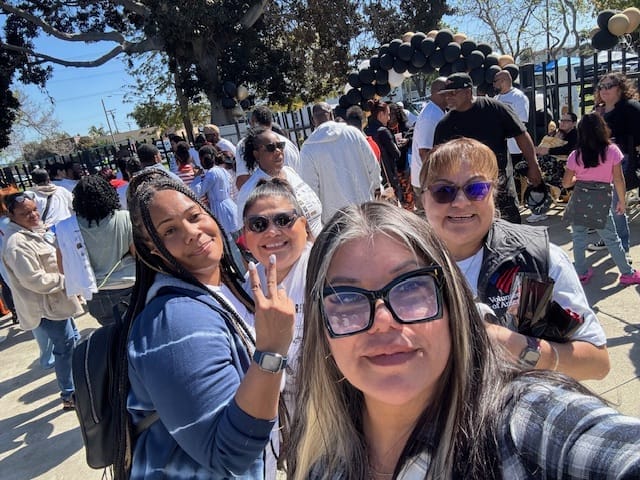
Champions for Peace: A Conversation with Tina Padilla Zamora of Community Warriors 4 Peace
Community violence intervention relies on concerned individuals willing to serve as peacemakers within their communities. They work tirelessly to prevent violence by engaging those at highest risk of using or being injured by a gun to alter the trajectory of their lives and curb the spread of violence. In this series, we hope to highlight the invaluable contributions of CVI workers and foster a deeper understanding of CVI from the perspective of the frontlines.
Our Champion for Peace this quarter is Tina Padilla Zamora. She is the executive director of Community Warriors 4 Peace, serving the Northeast Los Angeles community. Tina and her team are on the ground providing critical violence intervention services to youth, young adults, and their families, including case management, mentoring, life skills, job training, crisis response, and more.
This interview has been edited for length and clarity.
Executive Director for Community Warriors 4 Peace | Los Angeles, California
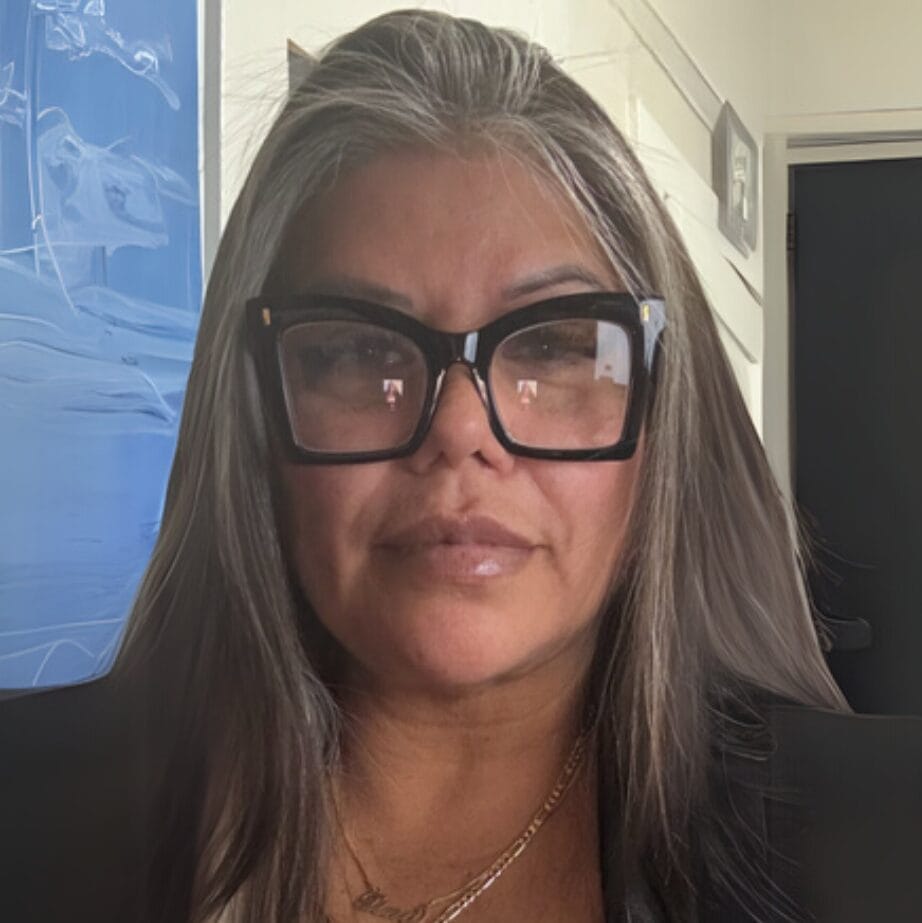
GIFFORDS Center for Violence Intervention: What brought you to this work?
A lot of times families will have aspirations and dreams, like my daughter or my son is going to be a doctor, lawyer, police officer, fireman. When I was growing up, those are not the things that I saw as positive influences in my neighborhood. Police officers were usually there to take my dad to jail because he was a gang member and a drug addict. The fire department was there because my father OD’d on heroin. Things that were positive for me and my community were not always positive experiences for me.
There are only two of us in my family, myself and my brother, but being the oldest, I had to take care of him at the age of seven. My mom needed to go back to work, and my dad was off on his binges. I was in second or third grade, and I had to take care of a newborn.
That’s when it became my role to be a caretaker and to always look out for the betterment of others. I always had that passion in me, but I think that’s when it started.
As I got older, I went to jail a lot, and then I went to prison. I told somebody who was supposed to be helping us change our lives, an instructor there at the prison, that I was going to be getting out and he was like, “Guess what? I’m gonna see you when you come back.”
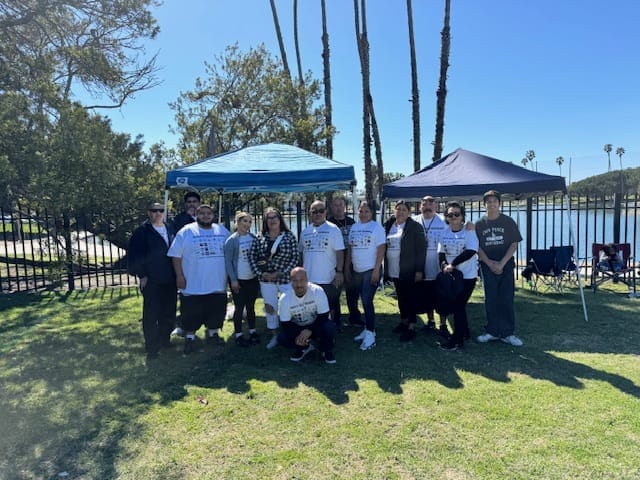
I looked at him like, what?
He said, “I’m gonna see you when you come back, because 75% of people come back, and you have the look that you’re going to come back to prison.”
That was really my turning point. Every day I hear him say that, so every day, 14 years later, I tell myself, “No, you’re not. No, you’re not.”
When I came home, there weren’t a lot of resources for somebody who now has a criminal record and doesn’t have the ability to go apply for a job anywhere. I didn’t have any credit. If I did, it was probably bad. And I had a felony on my record—I was a felon.
It wasn’t until I ran into somebody in my neighborhood that told me about the work of intervention, and I’m like, “That’s all the stuff that I do normally—and you get paid for that?” That’s when I started to volunteer. I became a Summer Night Lights worker, and then I became a case manager, then a program director, and then I started my own agency.
From there things kind of just took off. One person tells another person, tells another person, “Talk to Tina. Go talk to Tina.”
What do you wish people understood about what it takes to address violence?
I wish people understood that it takes the community to save the community. I wish people understood that you need to have people like us with lived experience to save these communities because violence isn’t something that happens overnight.
Violence is intergenerational, multigenerational. We need to address the trauma that came from my grandfather—because he never addressed it, and it went to my dad. Then my dad never addressed it, and it passed on to me.
People don’t understand that this is not an easy fix. This is something that takes time and it takes funding to identify and provide the resources people need to break generational curses.
CONVERSATIONS WITH EXPERTS
GIFFORDS Center for Violence Intervention’s webinars explore different aspects of community violence through conversations with experts.
WATCH NOW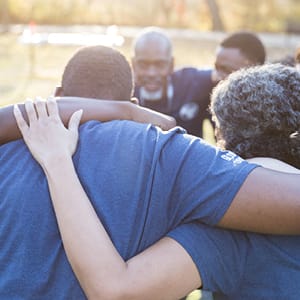
How have the recent fires in LA impacted your violence intervention work?
We utilize a space for our workshops that is a city building that had to close during the fires. Our space is big, but it’s not big enough to hold the 30 kids we usually have at every workshop. We can’t say, “Let’s not meet,” so we had to improvise. With youth and adults, once you have a little lapse in time, you can lose them. That can pull their focus, so we’re like, “Let’s let’s do something on Zoom. Let’s have a dance off or something.” We try to make it fun for them.
The schools were also not open, so we would just go meet with them at home and take them a pizza, like, “Hey, let’s sit down, have a meal. Let’s chit chat.” Stuff like that.
This work that we do is ever changing—there’s never one day that is the same as the next day. As the day progresses and things come up, whatever happens, we have to adjust. We adjust our schedule to come in earlier, or leave earlier. If we have to come in later and leave later, we do that, too. That’s the work that we do. Not one day is like the next. We just prepare for whatever comes our way.
I’ve been doing this work for years—helping with resources and always being there to listen. What keeps me motivated is the ability to assist and support people during crucial moments.
Do you have any advice for other women in this work?
When I first started my agency, I was only one of three women directors in the field of violence intervention. This is definitely a male-dominated field, but it does not have to be that way. If you are a woman of your word, you do what you say you’re going to do, and are true to yourself, people will see that. It doesn’t matter if you are a man or a woman, they will still come to you for that help.
For me, being a female in this work has been challenging, but I never gave up. I kept pushing because I knew my worth. My only advice would be, if you’re a woman coming into this work be strong about your work ethic, be available for whatever they may need. It may be some tough love; it may be a hug; it may be to listen. You just need to be that person, and be 100% true to what you say you’re gonna do.
Thank you, Tina Padilla Zamora and the entire Community Warriors 4 Peace team. We look forward to bringing you more conversations with other dedicated peacemakers.
STAY CONNECTED
Interventions are most effective when they are supported by strong community networks. Sign up for Giffords Center for Violence Intervention’s newsletter to learn more about what’s happening in the field, relevant legislation, and funding opportunities.
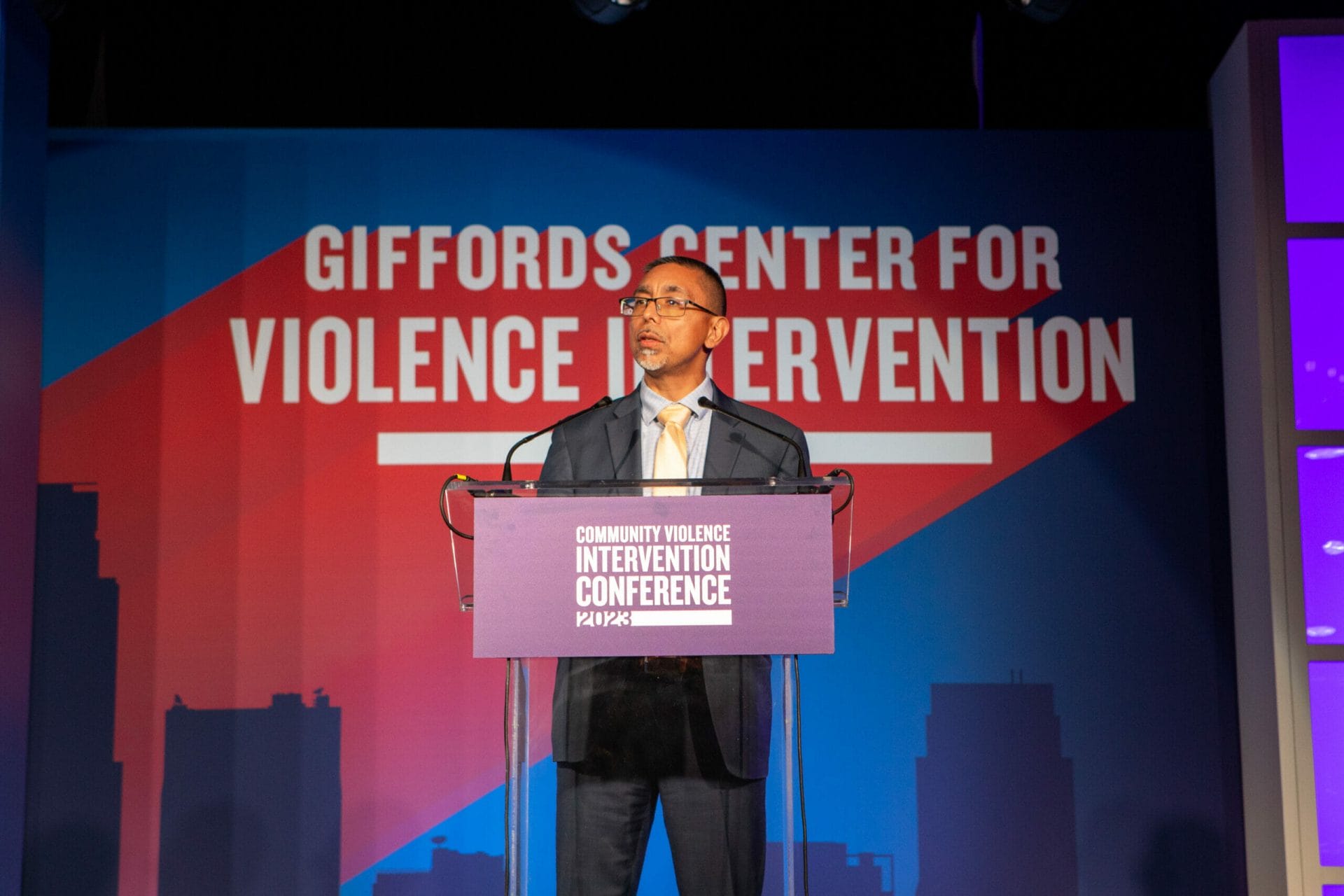
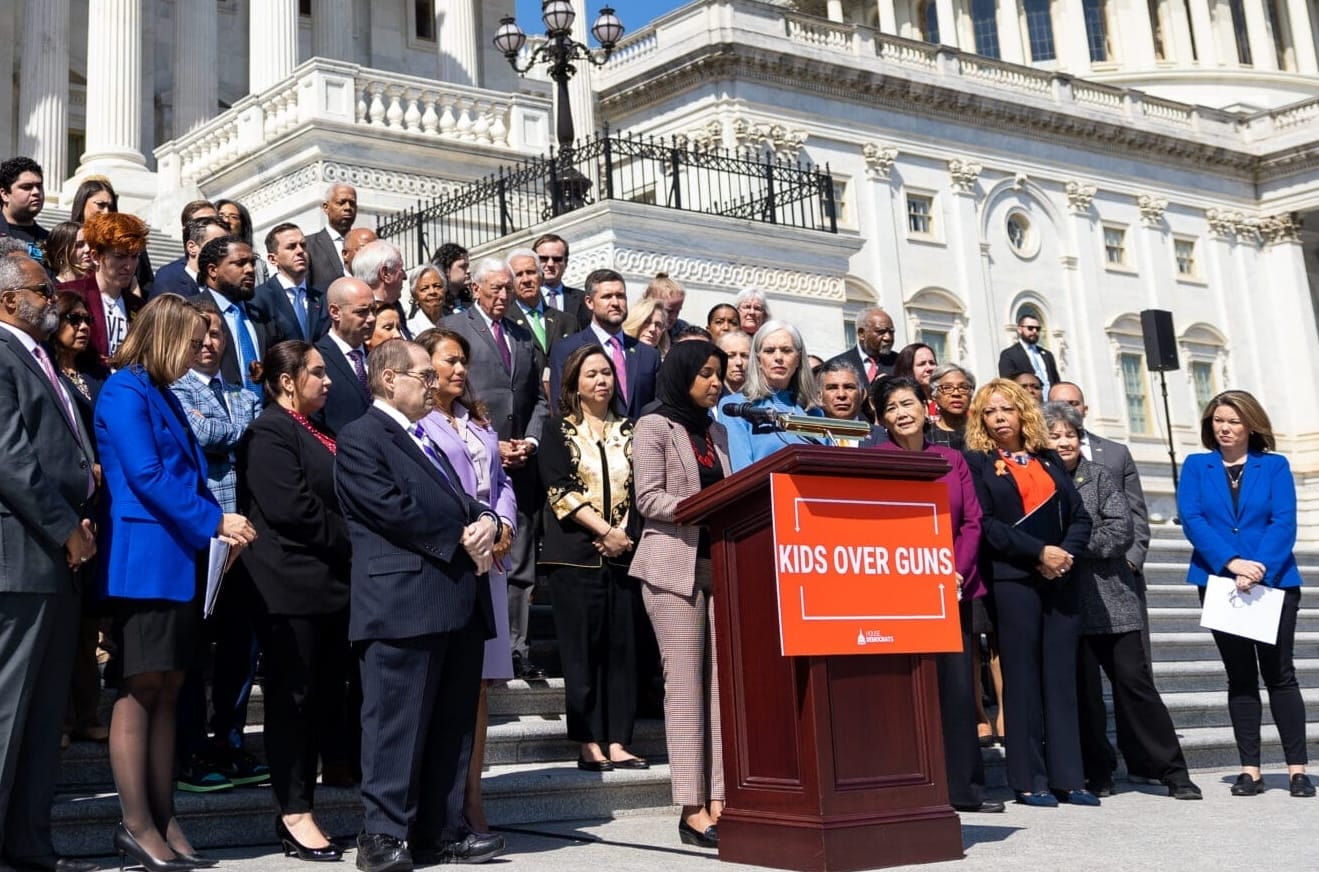
SPOTLIGHT
TRACKING CVI LEGISLATION
Community violence intervention is a crucial approach to fighting gun violence. Keep up to date on the latest CVI legislation in your state with the Giffords Community Violence Intervention Policy Analysis & Tracking Hub—CVI-PATH.
Read More